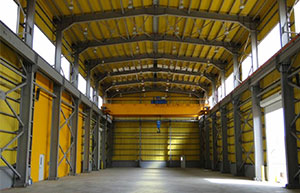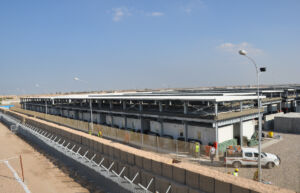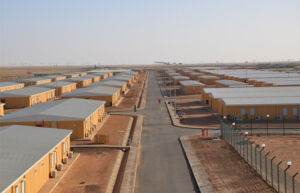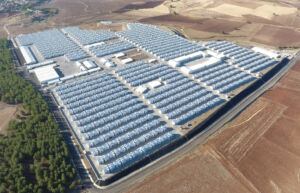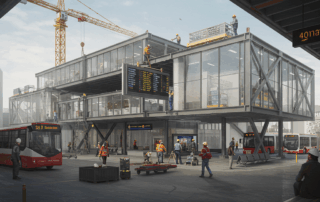Revolutionizing Transportation Infrastructure with Modular Construction Solutions
As global transportation systems grow increasingly complex, the demand for faster, more adaptable infrastructure is at an all-time high. Modular construction has emerged as a transformative solution for developing transportation hubs, including airports, railway stations, bus terminals, and port facilities.
What is Modular Construction?
Modular construction involves off-site fabrication of prefabricated building components, which are later assembled on-site. This approach minimizes construction time, reduces environmental impact, and ensures consistent quality. Companies like DORCE Prefabricated Building & Construction Industry have been at the forefront of this shift, delivering turnkey modular infrastructure solutions across the globe.
Key Benefits of Modular Construction for Transportation Projects
1. Rapid Deployment
Transportation hubs often face tight schedules due to increasing passenger volumes and economic pressures. Modular solutions can reduce project timelines by up to 50% compared to conventional methods, making them ideal for high-traffic zones and critical infrastructure upgrades.
2. Cost-Effectiveness
By enabling mass production in controlled factory environments, modular construction cuts down labor costs and material waste. This controlled process leads to significant cost savings over the lifecycle of transportation facilities.
3. Minimal Operational Disruption
In busy urban areas, traditional construction can severely disrupt daily commutes. Modular buildings are assembled quickly with minimal site activity, ensuring that transport operations can continue without major interruptions.
4. Sustainability
With a growing emphasis on sustainable infrastructure, modular construction supports green initiatives by using recyclable materials and reducing carbon emissions during the build process. DORCE, for instance, incorporates light gauge steel and hybrid modular systems that align with global ESG goals.
5. Design Flexibility and Scalability
Whether expanding a train station or upgrading airport lounges, modular designs are highly customizable. They allow for scalable growth and seamless integration with existing structures—perfect for long-term urban development strategies.
Applications in Transportation Sectors
-
Airport terminals and waiting lounges
-
Railway and metro station facilities
-
Bus depots and maintenance hubs
-
Passenger service centers and control buildings
-
Temporary ticketing and security checkpoints
